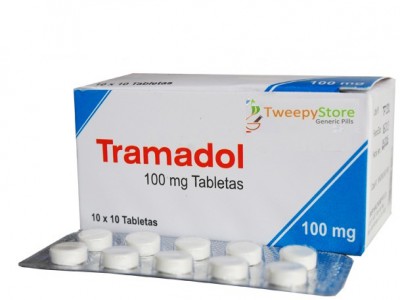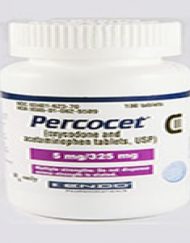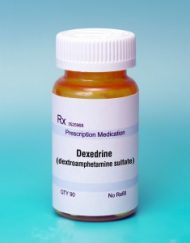Tramadol 100mg capsules
£0.99
Tramadol 100mg capsules
£0.99
Tramadol 100mg capsules
If you are looking for a pain reliever to help you manage your moderate to severe pain, you may want to consider Tramadol 100mg capsules. Tramadol 100mg capsules is a synthetic opioid analgesic used to treat moderate to severe Pain. It is similar to morphine’s effects but is less potent and has a lower risk of addiction.
Tramadol, 100mg capsules, is taken orally, with or without food. The usual starting dose is 50-100 mg every 4-6 hours as needed for pain relief. The maximum recommended daily dose is 400 mg. Tramadol should be take at most every 4 hours and five days.
If you have never taken Tramadol, start with the lowest possible dose (50 mg). If you have a renal or hepatic impairment, you should start with 25 mg every 6 hours as needed for pain relief. The maximum recommended daily dose in these cases is 300 mg.
Tramadol may cause side effects, including nausea, vomiting, constipation, dizziness, drowsiness, and headache. These side effects are usually mild and go away independently with time. However, if any of these side effects become severe or do not disappear, you should stop taking Tramadol and contact your doctor immediately.
What is Tramadol?
Tramadol is a pain reliever for treating moderate to severe pain in adults. The active ingredient in Tramadol is tramadol hydrochloride. Tramadol is available as an oral tablet, an oral capsule, and an oral solution. Tramadol hydrochloride is also known as a generic drug.
Uses for Tramadol
Tramadol is a pain reliever use to treat moderate to severe pain. It is available in oral, injectable, and rectal forms. Tramadol is a Schedule IV control substance with a risk for abuse and addiction.
Side Effects of Tramadol
Tramadol is a prescription medication use to treat moderate to severe pain. It is a synthetic opioid that works by binding to opioid receptors in the brain and spinal cord. Tramadol is available as an immediate-release tablet, extended-release tablet, and oral solution. The extended-release form of Tramadol is for the around-the-clock treatment of pain. This form of Tramadol is not for use on an as-needed basis for pain relief.
Common side effects of Tramadol include nausea, vomiting, constipation, headache, dizziness, drowsiness, and dry mouth. Tramadol can also cause seizures in some people. Serious side effects include slowed or shallow breathing, chest pain, fainting, and low blood pressure. Tramadol can be addictive and should only be take as prescribe by a healthcare provider.















